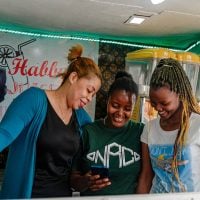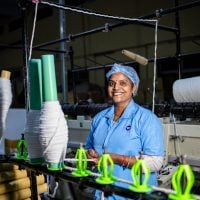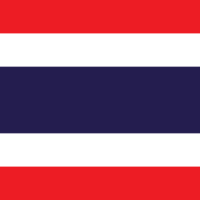Deadline: 15-Apr-22
The Creating Safer Space Research Grants Program is now open to support unarmed civilian protection and self-protection in the midst of violent conflict.
Creating Safer Space supports research that explores how violence against civilians can be interrupted, reduced and/or prevented by civilians by using a range of active nonviolent strategies. The aim of this network, and of the projects it supports, is to strengthen civilian capacities for protection and to support local efforts to transform conflict nonviolently as a basis for lasting, sustainable peace.
The focus of Creating Safer Space is on nonviolent (self-)protection of civilians in conflicts in Colombia, South Sudan, Myanmar and the Philippines, but research on other Low and Middle Income Countries (LMICs) will also be supported.
Themes
Research projects must address one or more of the following themes, or the linkages between them:
- Understanding vulnerability to physical harm in violent conflict: Vulnerability to physical harm is complex, context-dependent and often situational, suggesting that common universal understandings not only obfuscate nuance in protection needs, but also neglect people’s agency.
- Building local protection infrastructures: Unarmed civilian protection has been shown to be most sustainable, where outside nonviolent protection initiatives have not only concentrated on addressing urgent protection needs, but also have built on existing practice or engaged in establishing more long-term local ‘protection infrastructures’, for example by enhancing and expanding local protection capacity through trainings and giving other types of material and knowledge support to local volunteers.
- Developing civilian protection capabilities: The field of practice of organisations using active nonviolent protection strategies has grown over the last decades and UCP has been successfully used in a wide range of countries, suggesting its versatility to adapt to very different contexts and types of political violence.
Funding Information
Grants range from £20,000 – £100,000 GBP for periods of 6 to 16 months.
Eligibility Criteria
- All projects must include a Principal Investigator, and may include one or more Co-Investigators and/or Project Partners.
- The Principal Investigator (PI) has overall responsibility for the project and leads the research. The PI must be employed by an organisation with capacity to support the project. This will be the Lead Organisation on the project. Principal Investigators and Lead Organisations are eligible to receive full funding for the project.
- Co-Investigators (Co-Is) make a significant contribution to the research or to the project activities, and assist the PI in the management and leadership of the project. Co-Is can be based at the same organisation as the PI or at another organisation, and this can be either a research organisation or a non-academic organisation (such as a non-governmental organisations or a media or cultural organisations). Co-Investigators and their organisations are eligible to receive full funding for the project.
- Project Partners are organisations that play an integral role in the proposed research or in furthering the research’s dissemination and knowledge exchange, but are usually less involved in the project than Co-Investigators. Project Partners are normally non-academic organisations, such as non-governmental organisations (NGOs), media or cultural organisations, businesses, or government agencies. Project Partners can only receive limited funds from the grant for travel and consumables directly linked to the project. Project Partners are not eligible to apply for funding for salaries or overheads. For this reason, it is recommended that individuals who make a significant contribution to the project, and who work for small non-governmental non-profit organisations, are included as Co-Investigators rather than Project Partners. Businesses, other for-profit organisations and government agencies will always be Project Partners rather than Co-Investigators.
- The Lead Organisation must be based in either the UK or in a Low and Middle Income Country (LMIC) on the OECD Development Assistance Committee (DAC) List of Official Development Assistance Recipients (DAC list). There are some exceptions: organisations in China, India, or in countries due to graduate from the DAC list are not eligible to lead on a project. If the Lead Organisation is based in the UK, the project must involve Co-Investigators and/or Project Partners from DAC list countries.
- UK Principal and Co-Investigators are normally expected to belong to a UK Higher Education Institution eligible for UKRI funding.
For more information, visit https://creating-safer-space.com/grants/call-specifications/









































